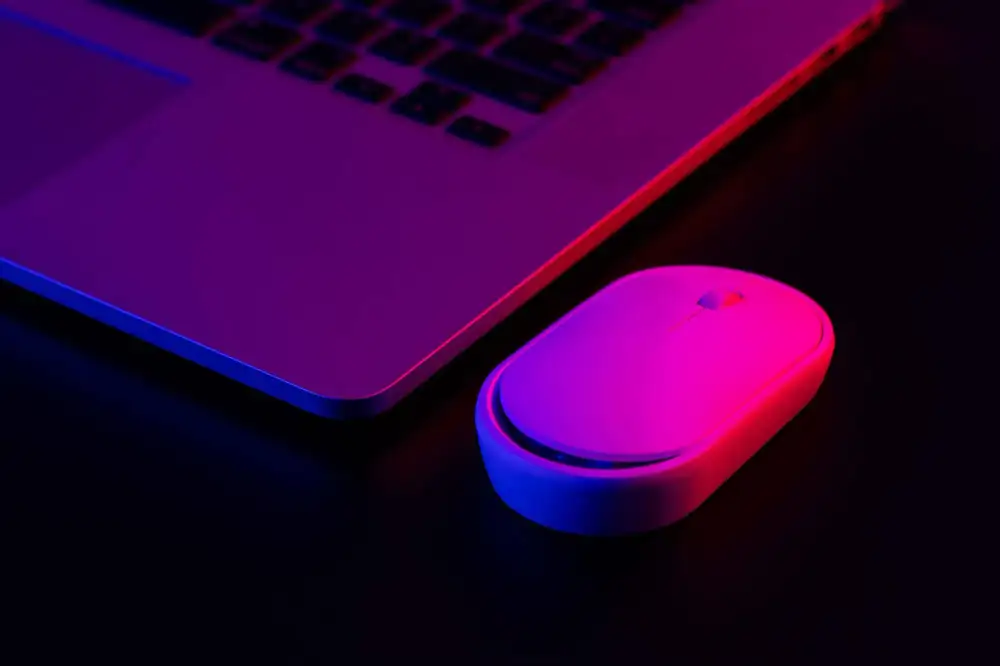🤖 How AI is Revolutionizing Sports in 2025
Artificial Intelligence (AI) is no longer the future of sports—it’s the present. In 2025, AI in sports is transforming everything from athlete performance to fan experiences. Across the globe, teams, leagues, and individual athletes are using cutting-edge sports technology 2025 to gain an unbeatable edge.
Here’s a deep dive into how AI is revolutionizing sports today.
1. AI Sports Analytics and Performance Tracking
One of the biggest impacts of AI in sports is in data analysis. Coaches now use AI sports analytics tools to study player movements, predict injuries, and optimize strategies.
Example: NBA teams use machine learning to predict how players will perform under pressure, helping coaches make better decisions during games.
Why it matters: Enhanced decision-making can mean the difference between winning and losing.
2. AI for Athletes: Personalized Training Programs
Top athletes are now training smarter, not just harder. AI for athletes creates customized fitness plans based on real-time performance data.
Example: Wearable devices collect biometric data, and AI tailors a training regime specific to each athlete's needs.
Why it matters: Prevents injuries, enhances performance, and extends athletic careers.
3. AI-Powered Scouting and Recruitment
Gone are the days when scouts traveled endlessly to find talent. Machine learning in sports now identifies promising players earlier and more accurately.
Example: Football clubs use AI to analyze thousands of player videos and stats to find the next Messi or Ronaldo.
Why it matters: Clubs can discover talent faster and at a lower cost.
4. AI in Refereeing and Decision-Making
Technologies like VAR in football and Hawk-Eye in tennis have paved the way for more AI-powered officiating systems.
Example: In cricket, AI-based ball-tracking tech improves LBW (leg-before-wicket) decisions.
Why it matters: Reduces human errors and increases fairness in competitions.
5. Enhancing the Fan Experience
It’s not just athletes and coaches benefiting. Fans also enjoy AI-driven improvements like personalized content, VR stadium tours, and predictive match outcomes.
Example: AI chatbots offer real-time answers to fan queries during live games.
Why it matters: Creates a more immersive and engaging viewing experience.
6. Injury Prevention and Recovery
AI applications in physical therapy now predict potential injuries before they happen and offer recovery roadmaps.
Example: Machine learning algorithms analyze movements to detect muscle fatigue patterns.
Why it matters: Keeping athletes healthy saves careers and millions of dollars.
7. AI-Generated Sports Content
From automated highlights to AI-written match reports, AI content creation is changing the sports media landscape.
Example: News outlets use AI to instantly generate post-match articles and social media updates.
Why it matters: Faster content delivery meets the growing demand for instant updates.
🌍 Global Impact: From Local Fields to International Arenas
The influence of AI in sports isn't limited to major leagues. Even amateur teams in developing countries are using affordable AI tools for performance analysis, leveling the playing field worldwide.
⚡ Final Thoughts
As we move through 2025, the line between human athleticism and artificial intelligence will blur even more. Whether you're a fan, an athlete, or part of the sports business ecosystem, embracing sports technology 2025 is no longer optional—it's essential.
Expect even bigger changes in the coming years as AI sports analytics, machine learning in sports, and AI for athletes become even more sophisticated.






